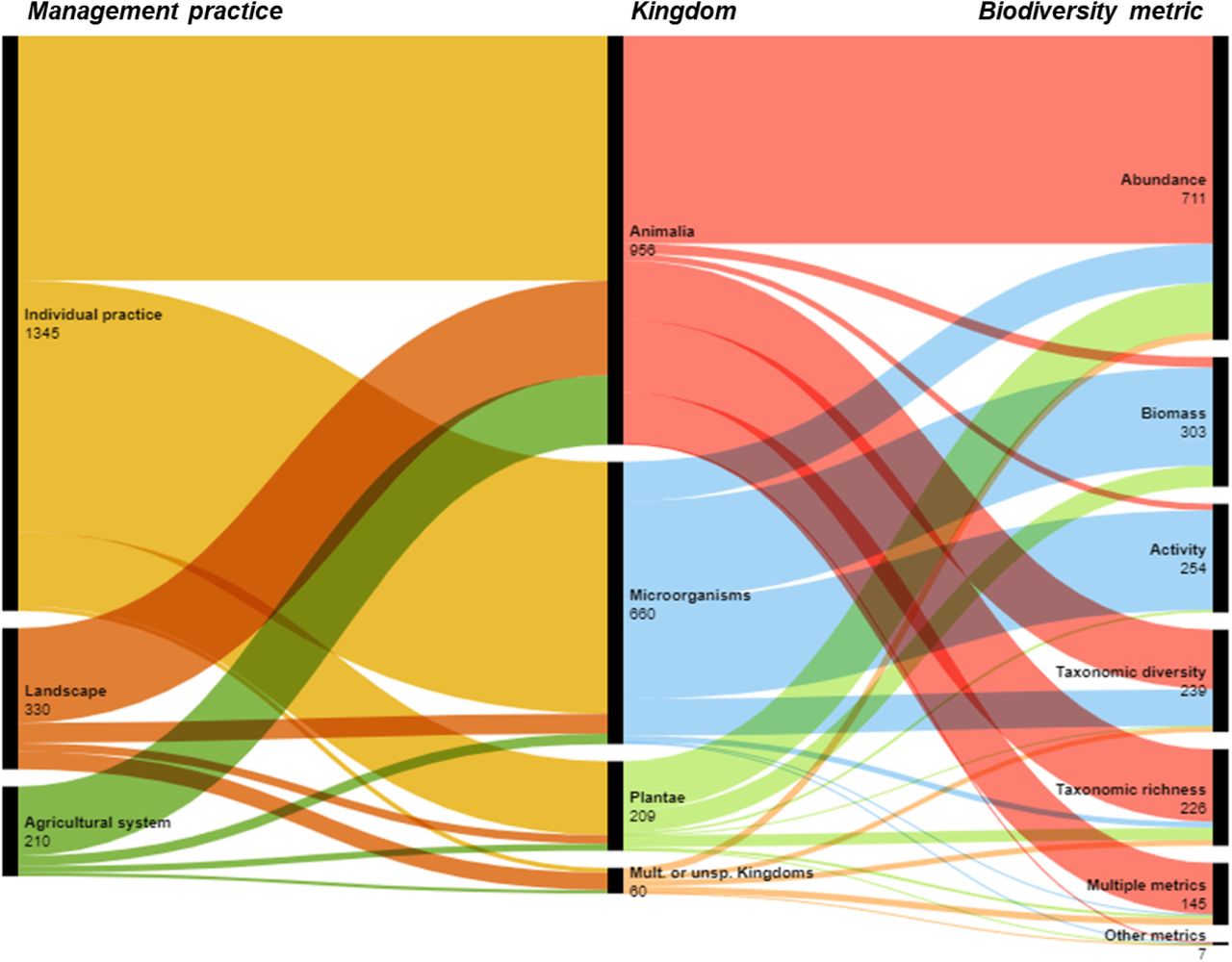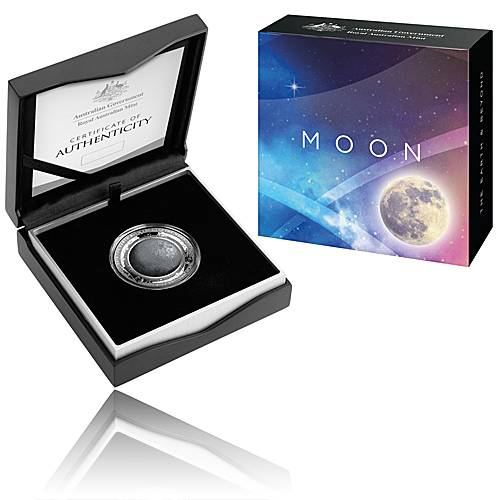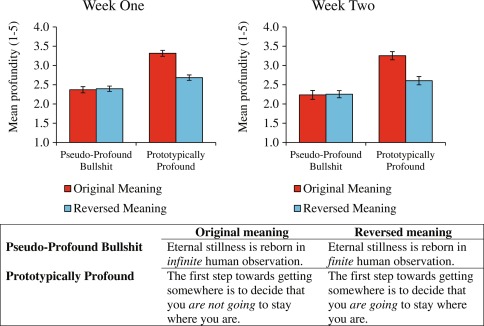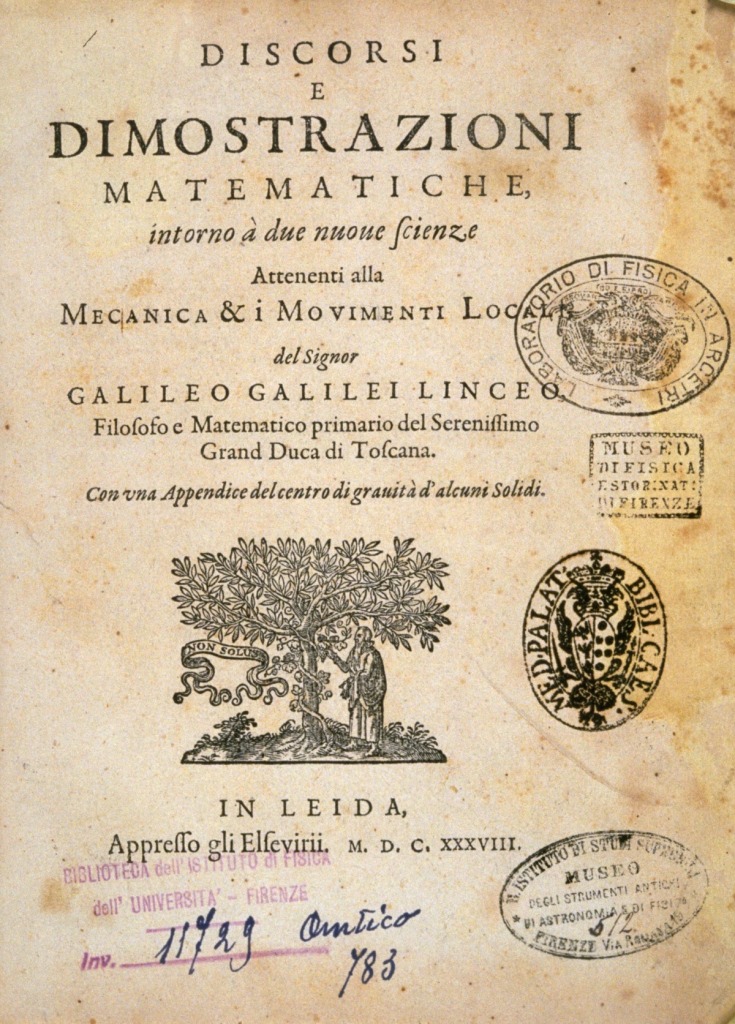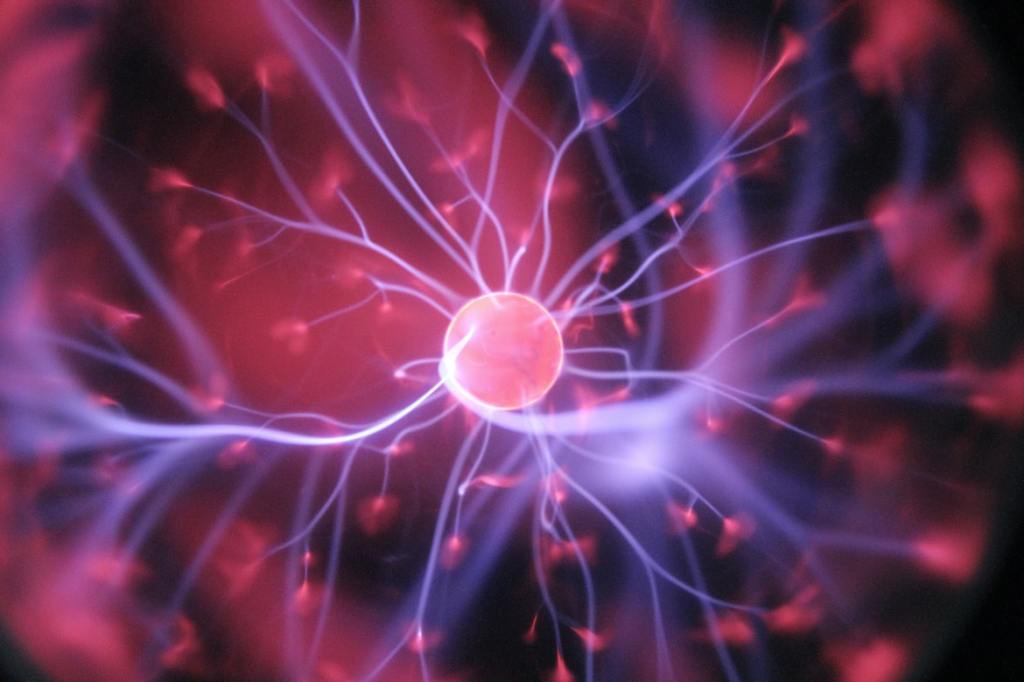### Ice Cream, Polio, and Misleading Statistics: Recognizing the Challenges in Medical Research In the 1940s, prior to the implementation of the polio vaccine, which provided relief to concerned parents, the illness posed a frightening risk, especially to young children. In an attempt to lower the public’s chances of contracting this debilitating disease, some health […]
Read More